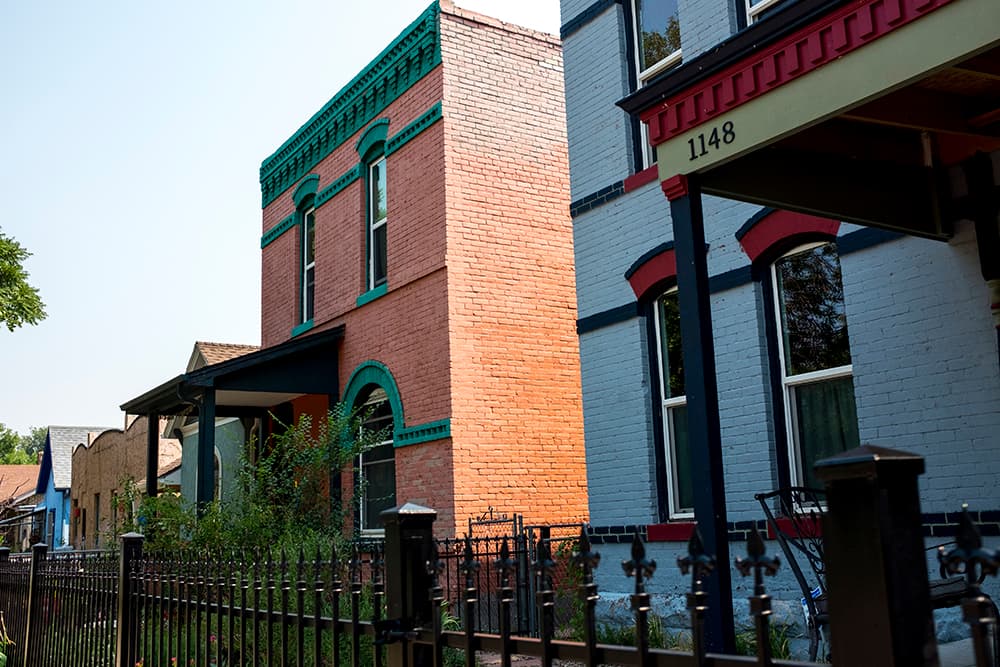
Occasionally when I meet someone new and say that I'm a real estate reporter, that person says something like, "Oh, tell me all the secrets then! Ha ha!"
Any 30-second response I give is naturally disappointing, frankly. But if I could, I would just pass them this set of short and sweet figures to help explain Denver real estate right now.
Over 95 percent
Denver real estate agents are ready to acknowledge that the real estate market is changing. An informal poll from the Denver Metro Association of Realtors' Steve Danyliw found that over 95 percent of people he spoke with believe the housing market is changing. Yes, that's super informal, but even people who sell houses for a living are ready to say that something is different, and I found that interesting.
Among the other shifts reported by DMAR this month: fewer sold homes compared to last year.
400 units
Denver will ask developers for their vacant units sometime this month as part of a new pilot to bring affordable housing to 400 people making 4o to 80 percent of Denver's annual median income. The request for qualifications is expected in "mid-ish" September, with the hope of housing people by the end of this year.
$81,349.82
That's the salary needed to afford a house in Denver, according to HSH.com, which uses local mortgage rates and home prices to determine salaries. The necessary salary to buy a median priced $424,500 home has changed more than 10 percent since last year. As you might expect, it's rising home prices and not rising 30-year fixed mortgage rates driving the increase.
48.9 percent
Denver renters whose incomes are the bottom third of all incomes need almost half of their income, 48.9 percent, to afford a typical apartment, according to an analysis from Zillow. Compounding the problem, rent growth from 2011 to 2016, 57.4 percent, outpaced wage growth, 21.7 percent, in the same period.













